Posted on July 9, 2014
Butterfly In The Sky
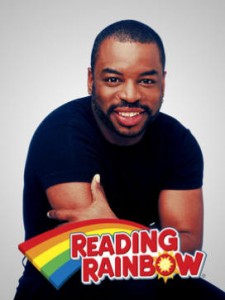 I never really got into Reading Rainbow. With the show having started in 1983 when I was eight years old and already an enormous geek, I didn’t need any encouragement to read. I was already doing that. A lot. Sure, I wasn’t reading anything too heavy at the time, and I was watching just as much Star Wars as I was reading any books with words in them, but I did read. At that age, it was mostly Encyclopedia Brown, Choose Your Own Adventure Books, the Lone Wolf series, and that sort of thing. The ’80s versions of Captain Underpants and Wimpy Kid, I guess you could say. The closest we had to Harry Potter back then was Lord of the Rings, which was a little too dense for eight year old me.
I never really got into Reading Rainbow. With the show having started in 1983 when I was eight years old and already an enormous geek, I didn’t need any encouragement to read. I was already doing that. A lot. Sure, I wasn’t reading anything too heavy at the time, and I was watching just as much Star Wars as I was reading any books with words in them, but I did read. At that age, it was mostly Encyclopedia Brown, Choose Your Own Adventure Books, the Lone Wolf series, and that sort of thing. The ’80s versions of Captain Underpants and Wimpy Kid, I guess you could say. The closest we had to Harry Potter back then was Lord of the Rings, which was a little too dense for eight year old me.
That said, I did tune into RR every now and then, especially after Star Trek: The Next Generation hit the airwaves. (OMG! IT’S GEORDI LA FORGE!) Like I said, I was a huge geek, so I couldn’t pass up a chance to see what old banana clip sunglasses looked like without his magical techno prosthesis. ST:TNG hit in ’87, which means I was 12 at the time, and my nerdiness had only grown. Not only was I reading more and meatier books by then (having finally sunk my teeth into LotR, for instance), but I was also reading a whole lot of words people had written down. Except a lot of them were on a computer screen instead of paper.
 The Bulletin Board System craze was in full gear by ’87, and I was right there in the thick of it. I had an Apple 2 clone that I’d jammed a 300 baud modem into, and I spent most of my free time either calling local BBSs or trying to host my own with no software. (300 baud was so slow, and I typed so fast, that I could kinda/sorta make it look like I had some minimalist BBS software running when people dialed in. At least, that’s what I told myself, as whoever was on the other end of the line probably laughed him/herself silly.)
The Bulletin Board System craze was in full gear by ’87, and I was right there in the thick of it. I had an Apple 2 clone that I’d jammed a 300 baud modem into, and I spent most of my free time either calling local BBSs or trying to host my own with no software. (300 baud was so slow, and I typed so fast, that I could kinda/sorta make it look like I had some minimalist BBS software running when people dialed in. At least, that’s what I told myself, as whoever was on the other end of the line probably laughed him/herself silly.)
Interacting with people on BBSs taught me that I sounded like a kid, when I didn’t want to sound like a kid. So, I grabbed some books and I read them. I injected my vocabulary with some verbal boosters and, slowly, I started sounding older than I was. Not necessarily wiser – I was still in middle school, mind you – but I did come across as older. I found that people listened to me more, took me more seriously, and actually heard what I had to say. Even if most of what I had to say was some variation on the theme of OMG! GEORGE LUCAS IS A GENIUS!
Anyway, back to Reading Rainbow. Like I said, I never really got into the show, but I did enjoy it when I watched it. And, as I got older and it remained targeted to a much younger demographic, I somehow enjoyed it more. Chalk it up to being at that awkward stage when I wasn’t really old enough to Be Mature, but desperately wanted to be. One hand was clutching Tolstoy while the other still held tight to Happy Teddy (a stuffed animal, and my best friend). I watched the show with all the wistful nostalgia my early teen years could muster. It wasn’t often that I flipped to the show, but when I did, I’d usually pause on it for a minute and reflect on my younger years. Of about five minutes ago. (I was a weird kid.)
The other thing that happened along my Road To Reading was computer games. I started with the Infocom text adventures, and slowly grew with the industry, playing more and more advanced games as they became available. But I remember two things more than any others. First, there were Origin’s Ultima games. I grew up playing Richard Garriott’s Ultima series, 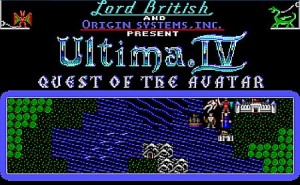 which slowly turned from standard, minimally-plotted hack and slash RPG fare to nuanced, thoughtful, philosophical stories. Ultima IV remains the benchmark for this sort of design to this day. In that game, you didn’t start out hunting the big bad foozle who basically just spent the entire game sitting around in his dark lair for months while patiently waiting for you to finally arrive and murder him. Instead, you were presented with a philosophical system of belief involving eight virtues, and the game’s quest involved you becoming the Avatar and embodying the spirit of those positive values. That was it. That was the game. And it was amazing.
which slowly turned from standard, minimally-plotted hack and slash RPG fare to nuanced, thoughtful, philosophical stories. Ultima IV remains the benchmark for this sort of design to this day. In that game, you didn’t start out hunting the big bad foozle who basically just spent the entire game sitting around in his dark lair for months while patiently waiting for you to finally arrive and murder him. Instead, you were presented with a philosophical system of belief involving eight virtues, and the game’s quest involved you becoming the Avatar and embodying the spirit of those positive values. That was it. That was the game. And it was amazing.
Then, there were the Lucasfilm/Arts graphic adventures (and, to a lesser extent, Sierra’s), where every game consisted of equal parts puzzle solving and dialog reading. So much reading. And all of it great. From Ron Gilbert’s Maniac Mansion to Tim Schafer’s Grim Fandango, the entire LucasArts catalog of graphic adventures were top shelf entertainment, and they taught me as much about logic puzzles as they did about writing. It was a great time to grow up.
Now, back to Reading Rainbow again. I didn’t get into the show when I was a kid, because I just didn’t need it. I was fortunate enough to grow up in a time and place where the elements were right, with parents who 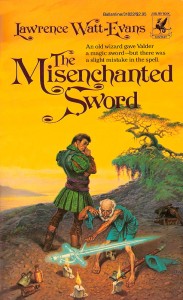 could afford to (even when they couldn’t) provide me with things to fuel my interests. Whether it was buying me a book or a comic they thought I might enjoy (which is how I ‘discovered’ Lawrence Watt-Evans and one of my favorite books of all time), or picking up a cheap Apple 2 clone and taking me to the Software Rental store on the weekends, they encouraged my hobbies. I’ll always be grateful for that. But a lot of kids didn’t have it so good. Lots of kids grew up with parents that either didn’t or couldn’t give their children the same level of encouragement that mine gave me. Lots of kids grew up without anyone to take them to the library or the bookstore. Lots of kids grew up in households that didn’t value reading at all, especially not for boys who should be out playing football or whatever. Reading Rainbow was for those kids. Even when I was watching the show as a kid myself, I knew it wasn’t for me. It was for the kids who couldn’t get to the library very often, so when they did, they needed a list of books to check out that might interest them. It was for the kids whose parents didn’t encourage them to read, who were growing up in a world increasingly disinterested (if not openly hostile) to the whole concept of literacy itself. It was for the kids who needed it, and it served them well.
could afford to (even when they couldn’t) provide me with things to fuel my interests. Whether it was buying me a book or a comic they thought I might enjoy (which is how I ‘discovered’ Lawrence Watt-Evans and one of my favorite books of all time), or picking up a cheap Apple 2 clone and taking me to the Software Rental store on the weekends, they encouraged my hobbies. I’ll always be grateful for that. But a lot of kids didn’t have it so good. Lots of kids grew up with parents that either didn’t or couldn’t give their children the same level of encouragement that mine gave me. Lots of kids grew up without anyone to take them to the library or the bookstore. Lots of kids grew up in households that didn’t value reading at all, especially not for boys who should be out playing football or whatever. Reading Rainbow was for those kids. Even when I was watching the show as a kid myself, I knew it wasn’t for me. It was for the kids who couldn’t get to the library very often, so when they did, they needed a list of books to check out that might interest them. It was for the kids whose parents didn’t encourage them to read, who were growing up in a world increasingly disinterested (if not openly hostile) to the whole concept of literacy itself. It was for the kids who needed it, and it served them well.
Flash forward to today, and LeVar’s recent Kickstarter campaign to get the show back on the air. Why did he do it? Why now, when kids have Harry Potter and Percy Jackson and – ugh – even Twilight to read? Why now, when comics are more popular than they have ever been before, and geekiness has become mainstream? Well, because it’s still not about those kids. It’s not about the kids reading Lord of the Rings instead of watching the movies. It’s not about the kids who have read every Harry Potter book. It’s about all the kids that, for one reason or another, haven’t. Or who just aren’t interested in Hero Myth stories and think there’s nothing out there for them. It’s about all the kids who aren’t reading – for whatever reason – because they need to be.
You don’t read much in video games anymore. Every game is fully voiced, with every line of dialog uttered by big name vocal talent, and there’s no such thing as manuals anymore. Back when I was playing Ultima, reading through the Bestiary or Spellbook was not only required, it was part of the fun. Everything was detailed in the 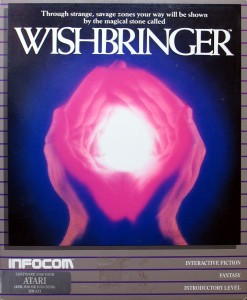 fiction, and the manuals served not only as a way to tell you how to play the game, but also as a window into the word more detailed than the pixelated, tiled graphics could ever be. (And, speaking of those graphics, they were so minimal (by necessity) that you had to use your imagination, if you wanted to have any fun at all. That two-framed animation of an Orc with an axe? Not very scary. But if you could see it as a giant, angry beast intent on using its enormous battle axe to murder you in the face? Now that was something.) Add in “feelies” like cloth maps, coins, magical stones, etc… and everything brought you into the tiny world on your computer screen and made it come alive – in your mind. Games today, while amazing and fun and impressive and all sorts of other happy adjectives, just don’t do that anymore. They don’t need to. They can render every scale on a dragon’s back, down to the smallest detail. You just don’t need to pretend anymore, because it’s all right there for you to see. Shut off your brain. Click your buttons. Skip the cinematics. Hell, skip the single player story altogether and yell at people on the Internet. That’s today’s gaming.
fiction, and the manuals served not only as a way to tell you how to play the game, but also as a window into the word more detailed than the pixelated, tiled graphics could ever be. (And, speaking of those graphics, they were so minimal (by necessity) that you had to use your imagination, if you wanted to have any fun at all. That two-framed animation of an Orc with an axe? Not very scary. But if you could see it as a giant, angry beast intent on using its enormous battle axe to murder you in the face? Now that was something.) Add in “feelies” like cloth maps, coins, magical stones, etc… and everything brought you into the tiny world on your computer screen and made it come alive – in your mind. Games today, while amazing and fun and impressive and all sorts of other happy adjectives, just don’t do that anymore. They don’t need to. They can render every scale on a dragon’s back, down to the smallest detail. You just don’t need to pretend anymore, because it’s all right there for you to see. Shut off your brain. Click your buttons. Skip the cinematics. Hell, skip the single player story altogether and yell at people on the Internet. That’s today’s gaming.
So yeah, Reading Rainbow is coming back now, because we need it now. Kids have distractions everywhere that don’t require them to use their imaginations. Sure, an iPad puzzle game might help their spatial reasoning or work out their logic muscles, but there’s no need to imagine anything. There’s no need to construct a world in your head, because it’s always right there, in front of you. This is why books are so important again, if they were ever any less important before. If people don’t learn to imagine better worlds when they’re young, they’ll never be able to imagine a better world when they grow up. And we need people with a little vision to see past the horrors of the world today, and strive to forge it into something better. Books can do that.
LeVar can do that. He’s done it before, starting way back in 1983 when I wasn’t paying much attention. He did it for years, giving the gift of reading to kids who needed it, and he’s doing it again now. Interestingly enough, another ST:TNG cast member, Wil Wheaton, is also doing it, with his TableTop series. Tabletop games demand imagination, as they’re just not much fun without it. There’s a board, there are some playing pieces, maybe some dice and…your imagination. This is exactly what kids – of all ages – need today: imagination. (It certainly worked for my kid, so much so that he wanted (and got) an EPIC TableTop birthday party this year (Seriously, click the link. Epic is putting it mildly.), because he wanted to show his friends how cool tabletop gaming is. That was one of his major reasons for the party: to expose his peers to something he loves that he knew none of them had ever really experienced before. He’s only 8, but there’s some wisdom there, I think.)
In short, this is why we need Reading Rainbow again. Because the ability to enter another world, however briefly, is important. A world with some rules to follow and others to break, with monsters to slay and heroes to make. Books do this. Tabletop games do this. The best computer and video games do this. The best of everything in the world does this.
And we need more of it. Kids, adults, and everyone in between. The world needs more people who can dream.
So thanks for showing us how, Richard. And Ron. And Tim. And Lawrence. And Wil. And LeVar.
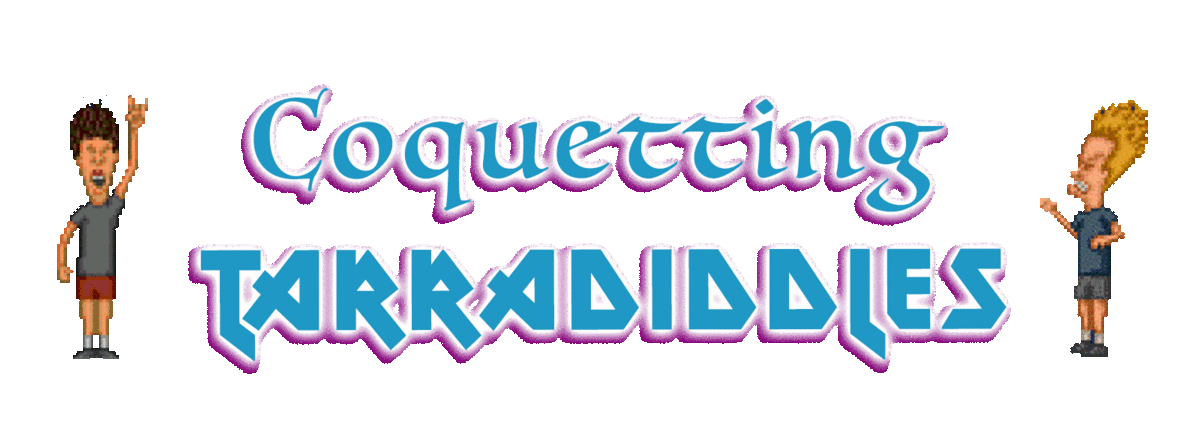
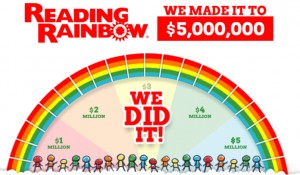
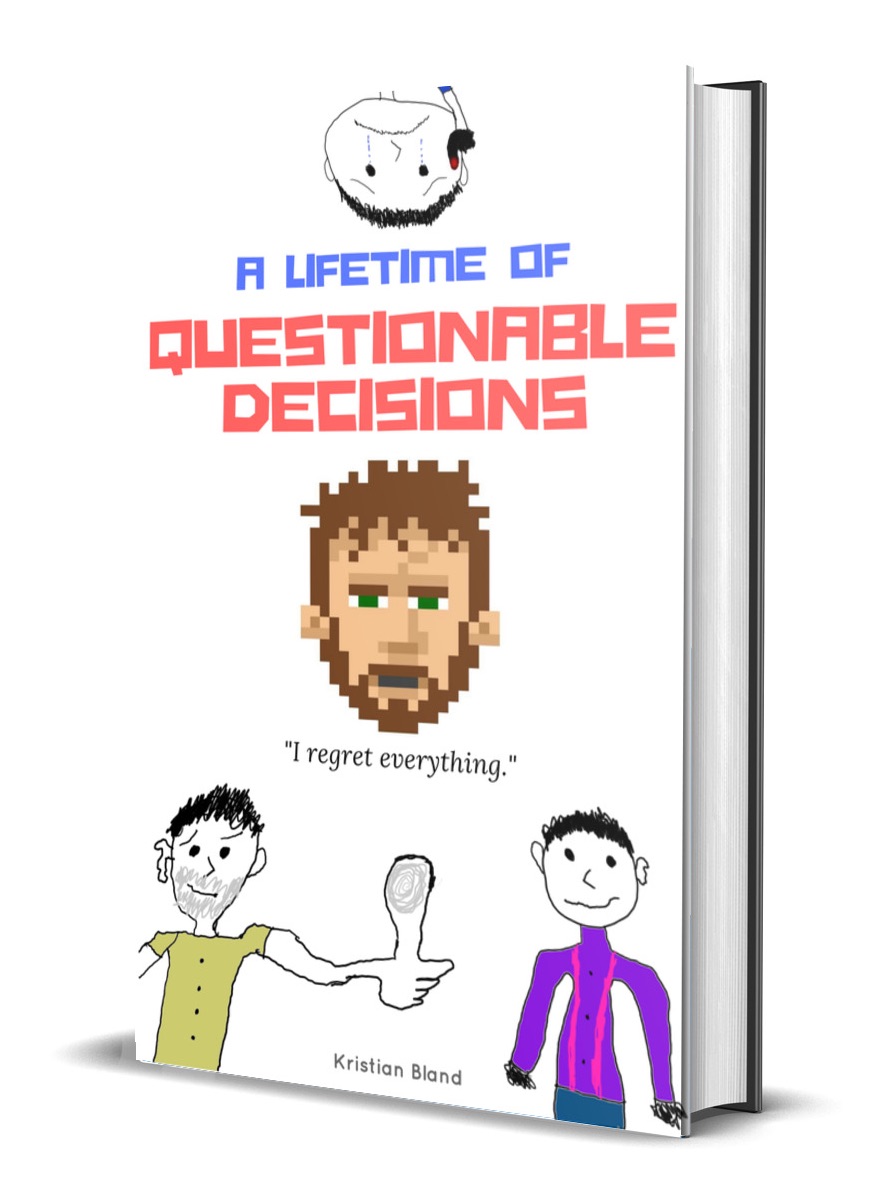




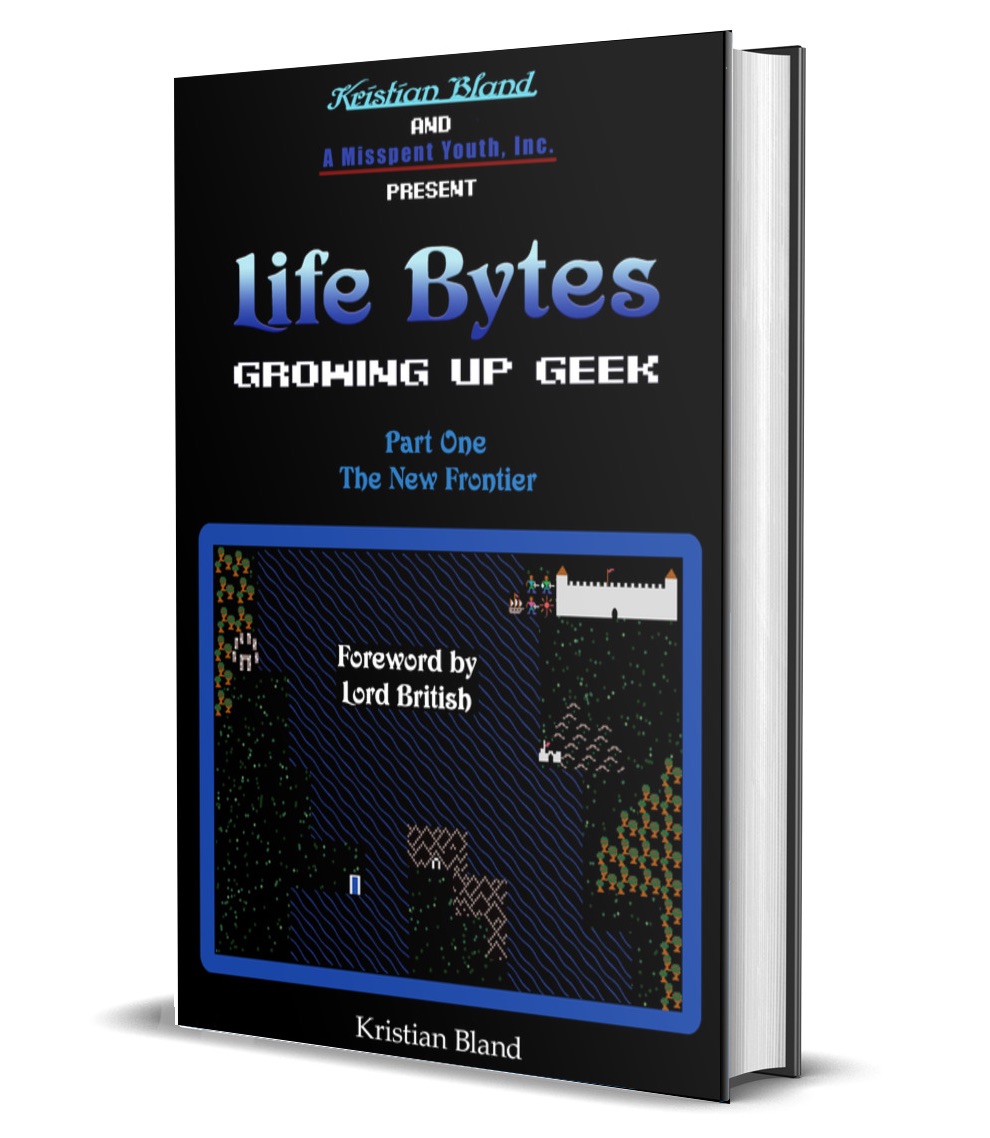
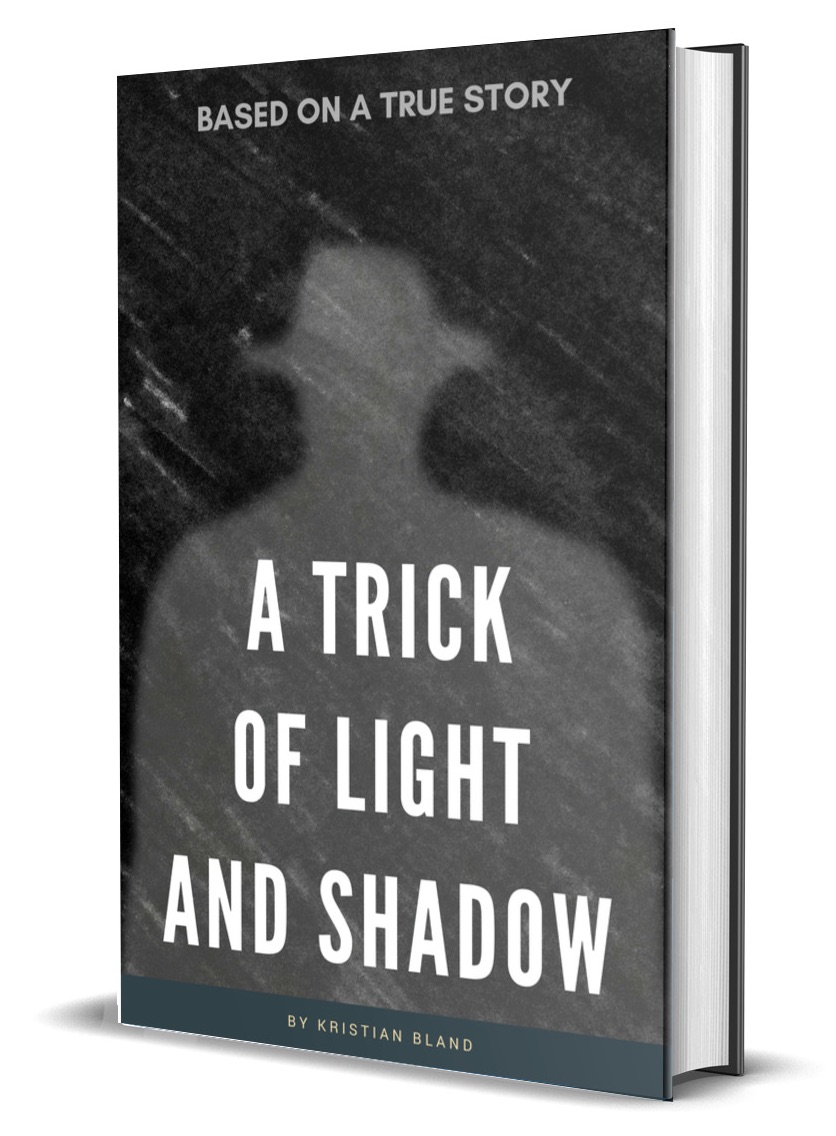
You must be logged in to post a comment.